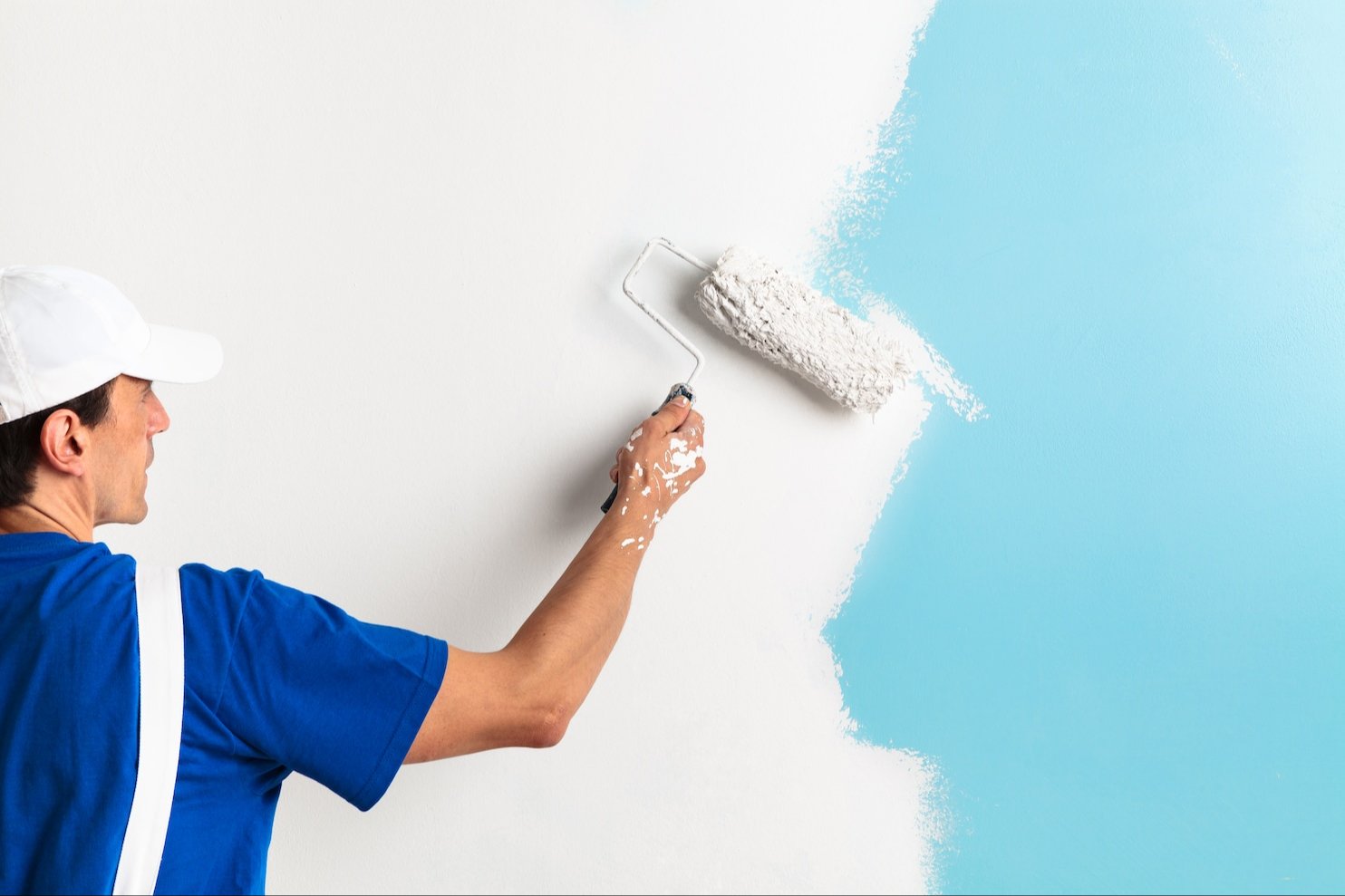Programming and other related fields are all the rage these days, but there are still plenty of opportunities for skilled blue-collar workers. An example of that is getting a job as a painter. If you’ve ever wondered how to get a start in the field, this article will go through some information you’ll definitely want to know. While it might seem as simple as applying paint to a surface, there’s actually a bit more than that. If you read ahead, you’ll learn about the different kinds of painting jobs as well as how to get a start in the industry.
What does a Painter do?
Simply put, a painter is responsible for adding that finished touch to a house or business. While the act of painting is certainly part of that job, there are many other aspects to consider. It’s up to the painter to know what tools to use for different situations, and whether or not safety gear is required. For example, certain surfaces will need sealants for protection. Knowing how to prep an area is also crucial.
How to get Started in Painting?
Like with many other skilled trades, the best way to learn how to paint is by working alongside someone with plenty of experience. Becoming an apprentice will get you valuable on-the-job training and also be your door to future opportunities. It’s also important to network with other painters, which can help you land potential leads.
As far as legwork you can do solo, working on a portfolio is a great start. Showcasing what you are able to do becomes extremely important especially if you don’t have much experience in the field yet. It’ll also help if you pick up a few skills that are related to the business side of things. Learning how to bookkeep properly and being able to estimate a job are two big examples. You’ll also want to stay knowledgeable on current trends in the industry.
Finally, don’t underestimate the importance of first impressions. While everyone likes to espouse the phrase “don’t judge a book by it’s cover”, that is just something that is going to happen. By maintaining a professional look and being respectful, you’ll be far more likely to impress clients or employers.
Important Skills
Even without work experience, there are certain important skills you can pick up on your own. There is a wealth of information at your fingertips through the internet, so take advantage of it. One of the things to research is the different painting techniques and when to apply them. Related to that is knowing which tools to use in what situations. You’ll also want to know how paints and finishes will look on a final product. To that end, a strong background in color matching and blending will be hugely beneficial.
It’s already been mentioned, but having knowledge on how to run a business is critical. Even if you currently work for someone else, having that know-how will go a long way. You’ll also want to brush up on safety procedures around hazardous material, as paint can fall under that purview.
How Much do Painters Make?
On average, painters make just around $18.00 an hour, and around $38,000 a year. Of course, these numbers will go up and down depending on previous experience and current location, but it’s a good baseline when considering a future in the industry.
Types of Careers
The kind of jobs most people think of in regards to painting is when workers are hired to paint newly constructed homes. Painters will also frequently get hired to touch up a property prior to it going on the market. Once you become more skilled though, there are jobs out there that require a more detailed hand. Certain interior jobs will call for finer work, or a cabinet maker might need someone to add that finish to their products.
On the opposite end of the scale, industrial or commercial painters focus on larger projects and techniques. There is a lot more variety to the industry than some might think, which should be taken into consideration when examining a future in the field.
Is Painting a Good Career?
While the growth of painting jobs isn’t necessarily big, it’s still fairly steady. It is estimated that the number of openings grows around 2% per year. On top of that, many vacancies are bound to pop up due to natural turnover or other factors that cause people to leave the workforce. If you are looking for an industry where you can find work, painting is definitely something to consider.



